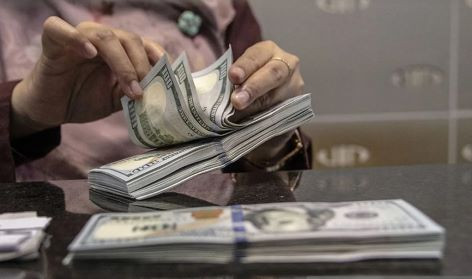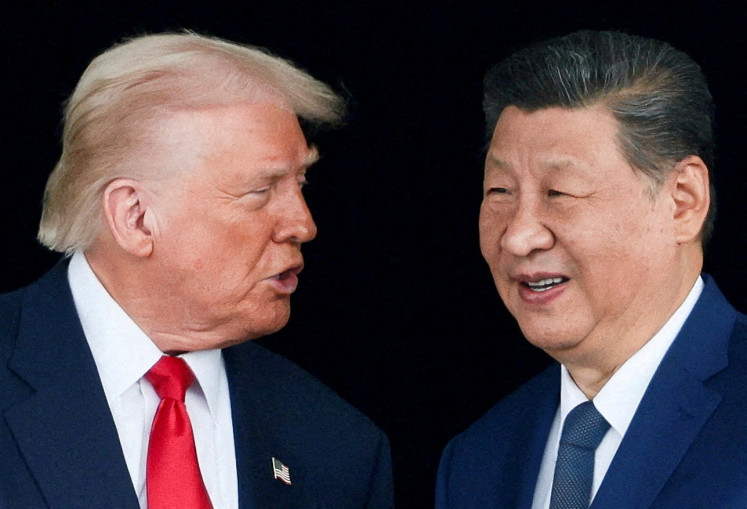Popular Reads
Top Results
Can't find what you're looking for?
View all search resultsPopular Reads
Top Results
Can't find what you're looking for?
View all search resultsDollar bonds lose appeal amid weaker rupiah, interest rate hikes
Companies in the sectors of property, banking, FMCG as well as pulp and paper often issue dollar bonds.
Change text size
Gift Premium Articles
to Anyone
T
he issuance of dollar bonds by local corporations plummeted from a peak of US$9.77 billion in 2020 to $0.75 billion last year, according to local rating agency PT Pemeringkat Efek Indonesia (Pefindo), citing data from Bloomberg. Conversely, the issuance of rupiah bonds increased from Rp 96.6 trillion ($5.95 billion) to Rp 130.8 trillion ($8.05 billion) over the same period.
The shift, according to Pefindo, was caused by surging financing costs for bonds denominated in dollars due to the rapid rise of the federal funds rate, the benchmark interest rate in the United States set by the Federal Reserve (Fed).
The Fed’s monetary-tightening policy also resulted in rupiah depreciation, which then increased the repayment costs for companies not earning revenue in the US currency.
“Bonds issued in dollars surged when the interest rate was exceptionally loose in 2020 and 2021. However, the number significantly dropped after the monetary tightening started in 2022. Thus, Indonesian companies started to look for funding from the domestic market, as the interest rate hike was not too steep and carried less spill-over risk [from a weaker rupiah],” Pefindo economist Suhindarto told The Jakarta Post on April 19.
Krisna Gupta, a senior fellow at the Center for Indonesian Policy Studies (CIPS), noted that the rupiah depreciation particularly affected dollar bond issuers in the property and fast-moving consumer goods (FMCG) sectors.
The impact would be more alarming for companies that rely on imported raw materials and only sell their products in the domestic market, hence earning mainly rupiah.
“[The impact may be less severe for] companies that also export some of their products to other countries [and receive payment in dollars], or have dollar assets that could serve as leverage,” Krisna explained to the Post on April 19.


















